Ability measured by the admiration of the people
In the year of Mau Than (1428), the examination method was implemented when King Le Thai To "ordered the high-ranking officials to examine the officials working inside and outside", recorded in the Lich Trieu Hien Chuong Loai Chi. By the time of Le Thanh Tong, the regulations were perfected in the year of Mau Than (1488), when the king issued regulations on examining officials. According to the Cuong Muc, "after 3 years of working as an official, there is a preliminary examination; after 6 years, there is a re-examination; after 9 years, there is a general examination". The 3-year period was just enough to evaluate the capacity and qualities of officials, not too long, not too short, maintaining the tradition, and having the effect of "a very thoughtful way of advising and motivating. At that time, all the officials worked well, which was called a prosperous era, wasn't that the effect of strict rewards and punishments?", Phan Huy Chu commented.
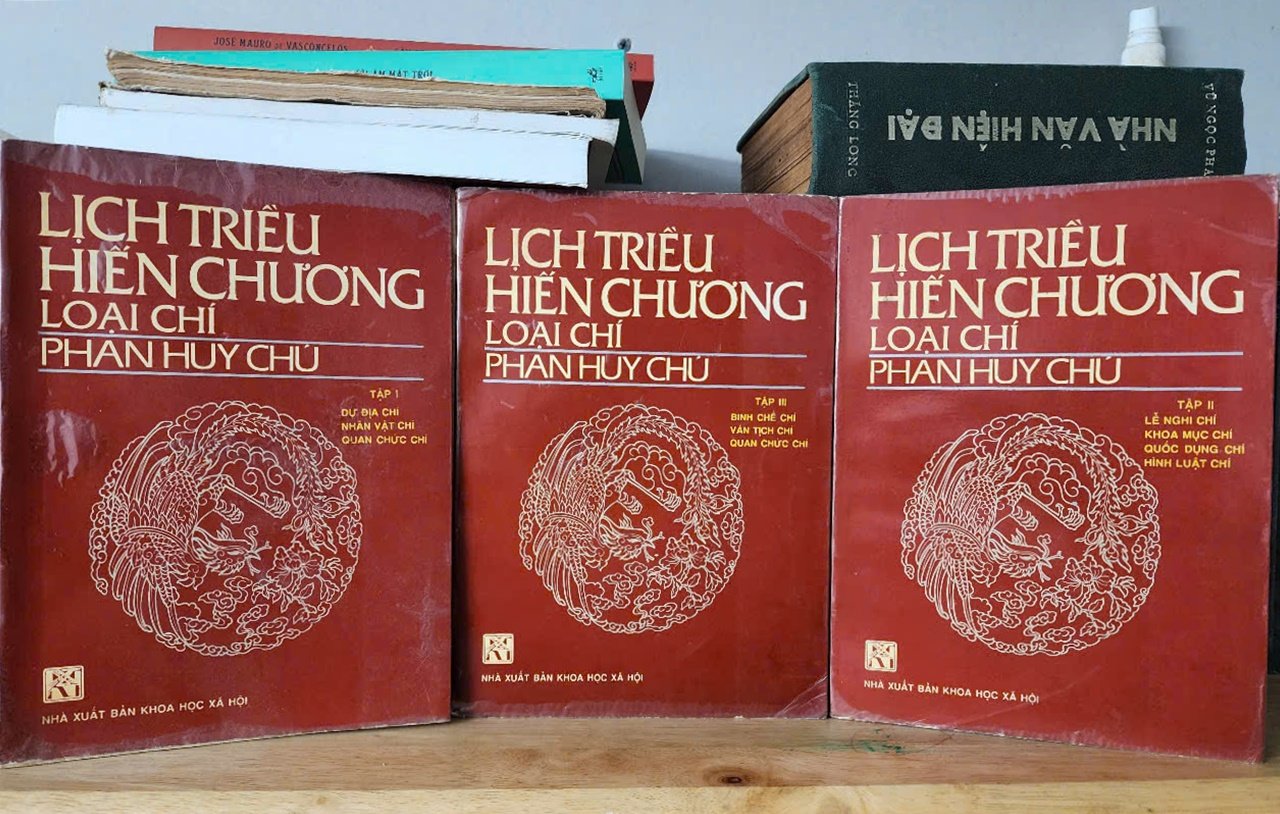
The book "Lich Trieu Hien Chuong Loai Chi" (translated version, printed in 1992) highly appreciates the examination system of the early Le Dynasty.
The regulations for grading examinations are clearly stated in the Le Dynasty Code: "Any official who is careful, diligent, loves the common people, raises benefits and eliminates harm, and judges fairly is considered a superior. Any official who loves the common people, does not impose taxes, and has full public duties is considered a middle class. Any official who is mediocre, incompetent, flatters, is corrupt, and has lax punishments and prisons is considered a inferior class."
One point worth noting is that in the criteria for examining officials, when considering work efficiency, whether or not they care about people's lives and are loved by the people is taken into account, as recorded in the History of Civilized Vietnam: "The examination has clear standards, about service efficiency and is measured by the love of the people". So public opinion and the community are a standard measure in examining officials. The state also noted in the edict of King Le Thanh Tong in the year At Mao (1495), "any official who is sick for up to 3 months is not allowed to attend the examination".
Officials who passed the examination and achieved the Upper rank were promoted and rewarded with a salary. Officials who worked in remote areas, border areas, or in bad situations were transferred to nearby towns. They were also rewarded with money to acknowledge their achievements. According to the Lich Trieu, "the highest rank was awarded a salary and 5 quan in cash". Officials who were not up to the standard were ranked as Lower rank, demoted, transferred to a place with less work, given a temporary leave of absence, or even dismissed or forced to retire early. In case any official was found to be corrupt after the examination, he was dismissed and forced to serve in the army in faraway Quang Nam.
Dao Cu passed the exam for a suitable position.
The State has constraints to prevent bribery in examinations, clearly defining the responsibilities of individuals (chiefs), organizations (three departments: Do Ty, Thua Ty, Hien Ty; Lai Bo) in charge of examinations. The decree in the year Canh Tuat (1490): "Whoever dares to bribe will be punished according to the law to prevent scholars from seeking luck". King Le Hien Tong in the year Ky Mui (1499) warned: "Examining officials dare to have personal feelings and make wrong judgments, Lai Bo examines unclearly, Lai Khoa examines unwisely, all must be handed over to the Ministry of Justice to be punished according to the law".
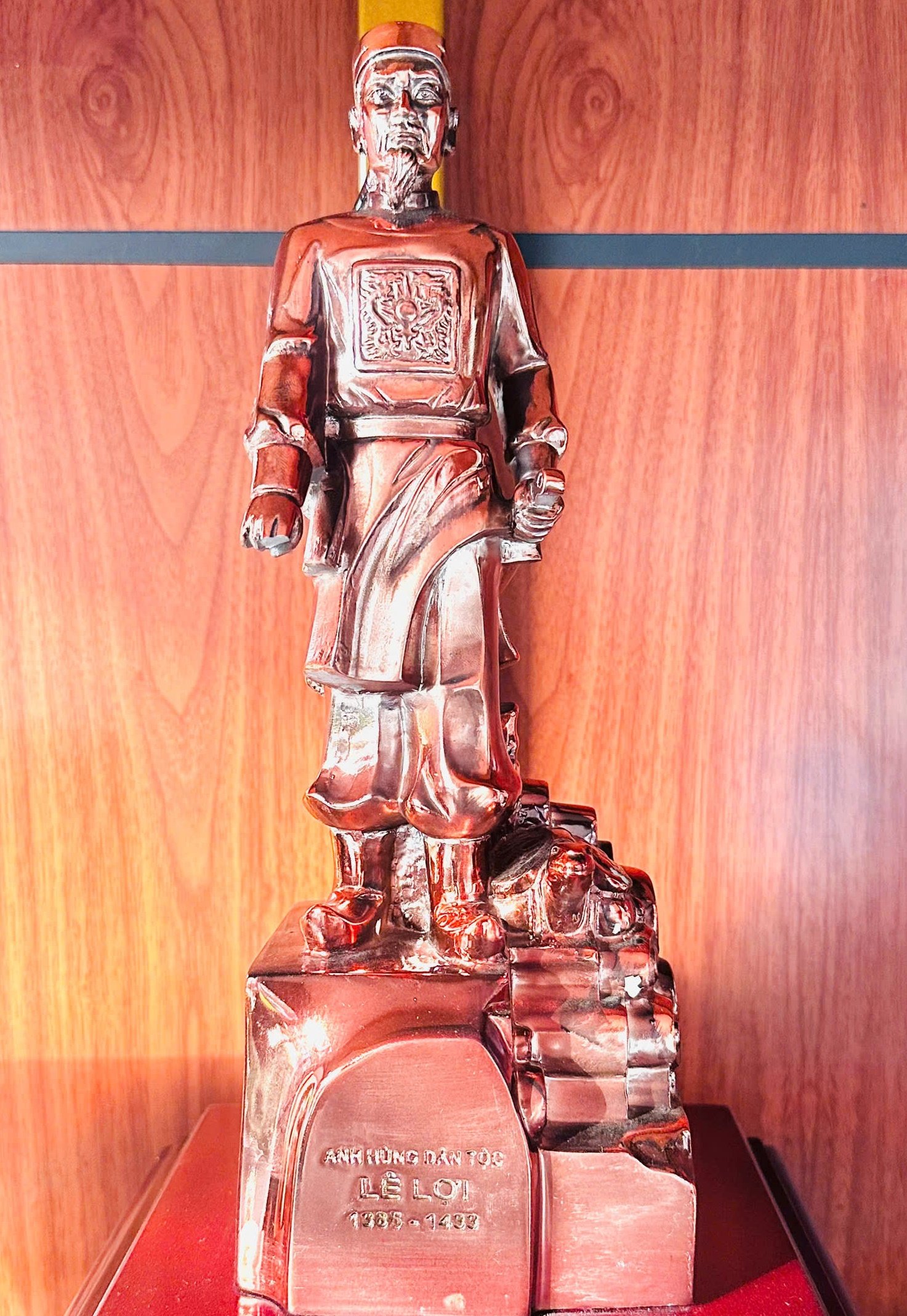
King Le Thai To initiated the implementation of the examination system for mandarins.
In reality, through the examination, many incompetent officials were dismissed. The Complete Book recorded in the year of Mau Tuat (1478): "Lang Son Councilor Tran Duy Hinh, Truong Khanh Ninh Thap Nhung, Phu Binh Pham Thao... and those stupid and vile names who cannot do their jobs should be dismissed [...] if there are any tired and incompetent people like Nguyen Tri Nghieu, Do Huu Truc, Do Cong Thich... and those despicable and vile names who have no talent and cannot do their jobs should be dismissed".
The court, through examinations, selected officials with sufficient qualities and working capacity to promote and appoint to appropriate high positions. While in office, Dao Cu constantly cultivated his mind and character, devoted himself to the assigned duties. In the year of Mau Than (1488), through examinations (9 years), "Dao Cu was promoted to Han Lam Vien Thi Doc Dong Cac Hoc Si Tu Than Thieu Doan. Because Dao Cu held a position at the office with many tasks, he was worthy of his position after three examinations, and did not commit any mistakes, so he was promoted". During the reign of King Le Hien Tong, Vu Phuc Long, Pham Nhu Du and Vu The Hao had many achievements when examined, and were also honest and clean, and were praised by the court in the year of Mau Ngo (1498).
The examination regulations motivate officials to perform well in their assigned duties. At the same time, they bind the responsibility and consciousness of scholars to achieve good results in the preliminary and final examinations: "Therefore, when working, officials must be disciplined, must put all their mind into their work and must always maintain integrity, cannot openly commit corruption in front of the people, because the people will denounce them", concluded Viet Nam Van Minh Su.
Commenting on the examination system in the early Le Dynasty, Phan Huy Chu affirmed the great effect of this rule: "The examination system of the Le Dynasty was very secretive, since the founding of the country it was very clear in the Hong Duc period [...] Honest and diligent people will be rewarded, and incompetent people will be dismissed immediately". (continued)
(Excerpt from the work The Early Le Dynasty (1428 - 1527) with the fight against "corruption",
"Waterworm" - Ho Chi Minh City General Publishing House, with additional documents)
Source: https://thanhnien.vn/nha-le-so-lam-trong-sach-chon-quan-truong-dinh-ky-xet-nang-luc-quan-chuc-18525021519262567.htm


![[Photo] Visiting Cu Chi Tunnels - a heroic underground feat](https://vstatic.vietnam.vn/vietnam/resource/IMAGE/2025/4/8/06cb489403514b878768dd7262daba0b)







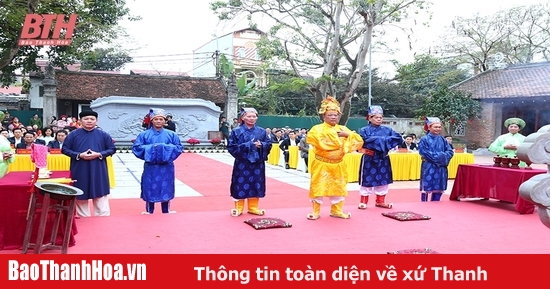

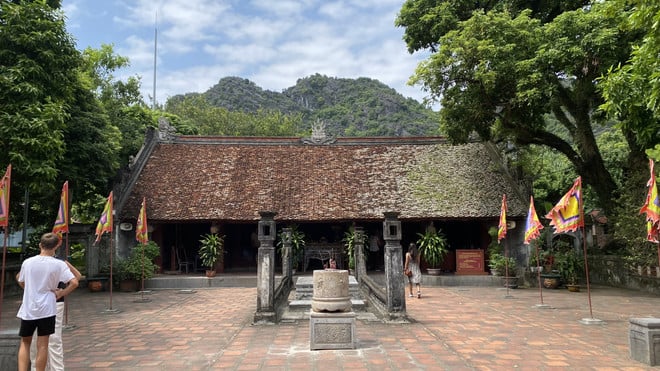


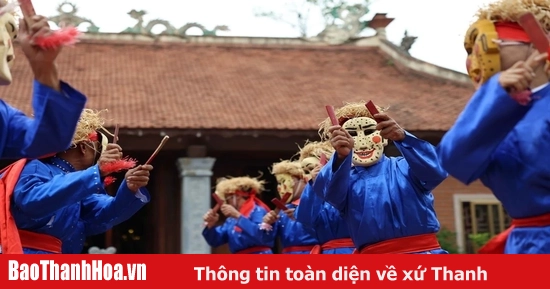
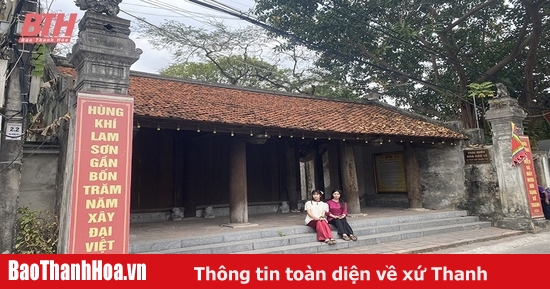
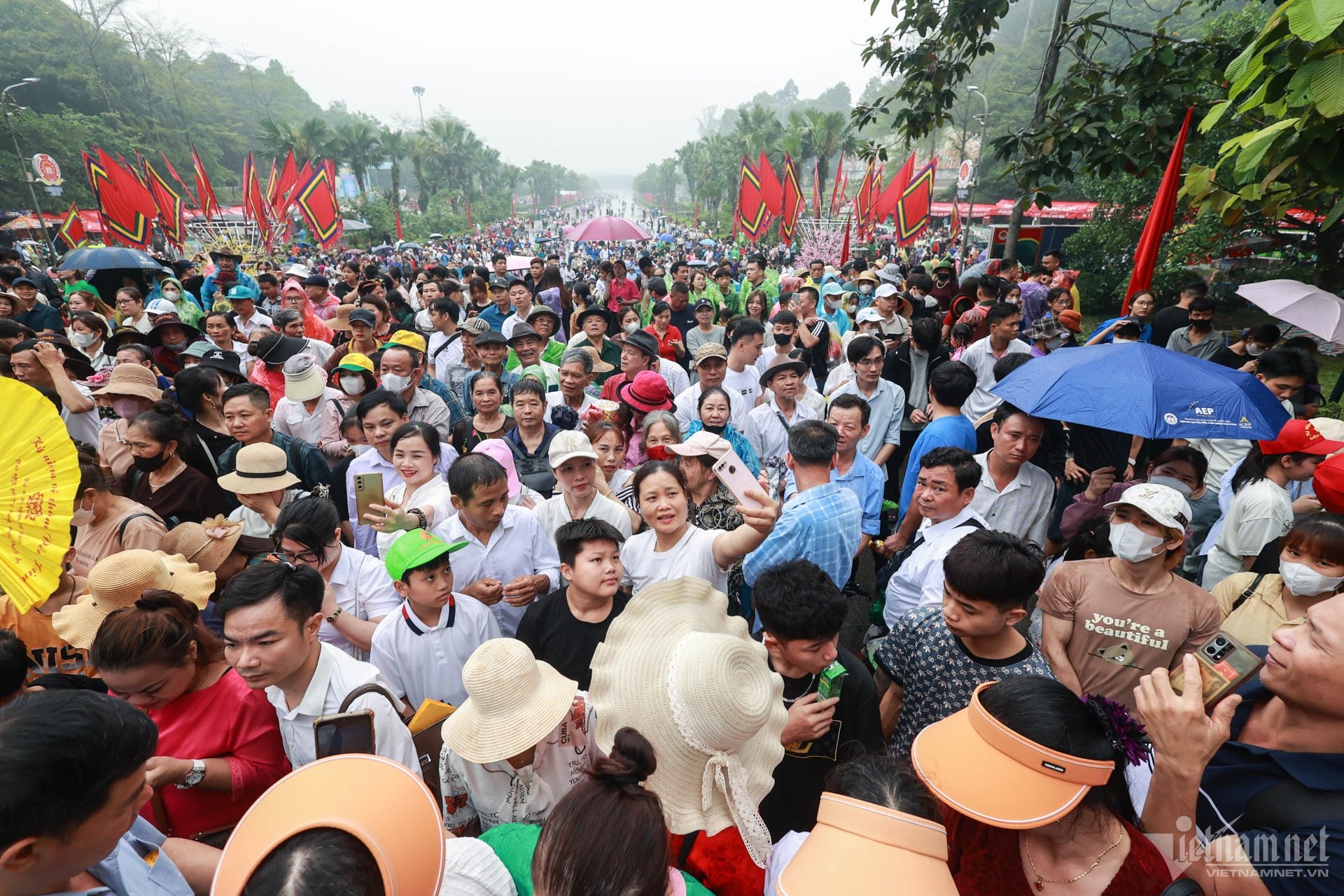
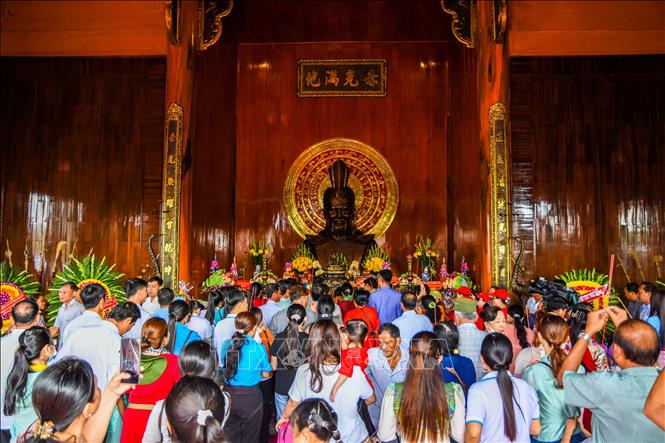


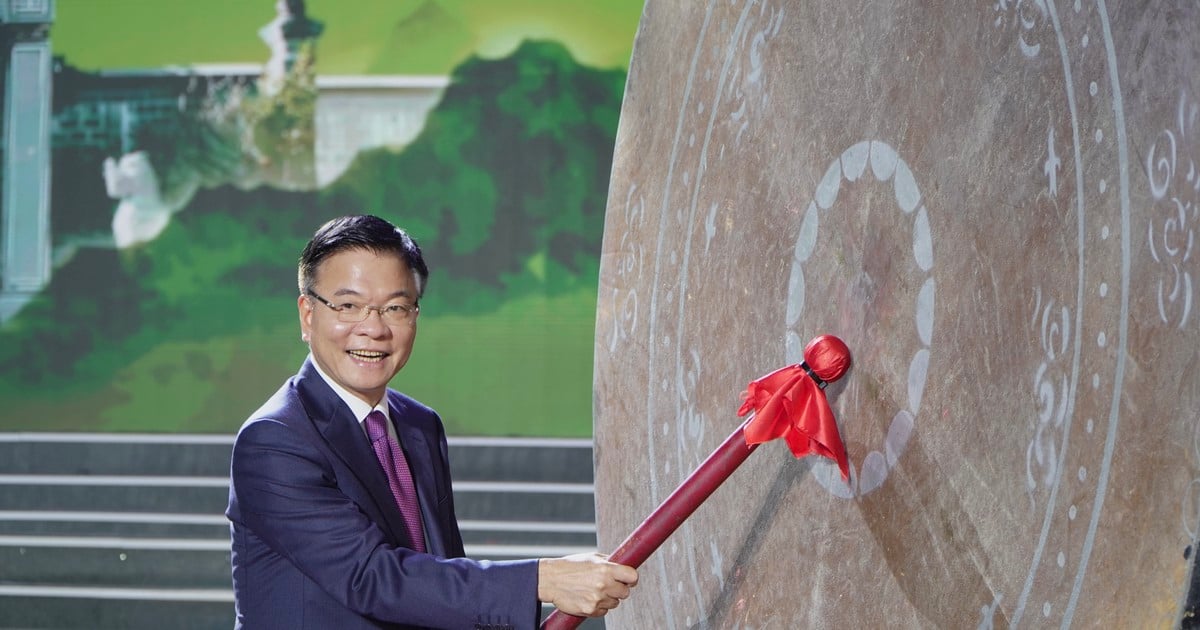



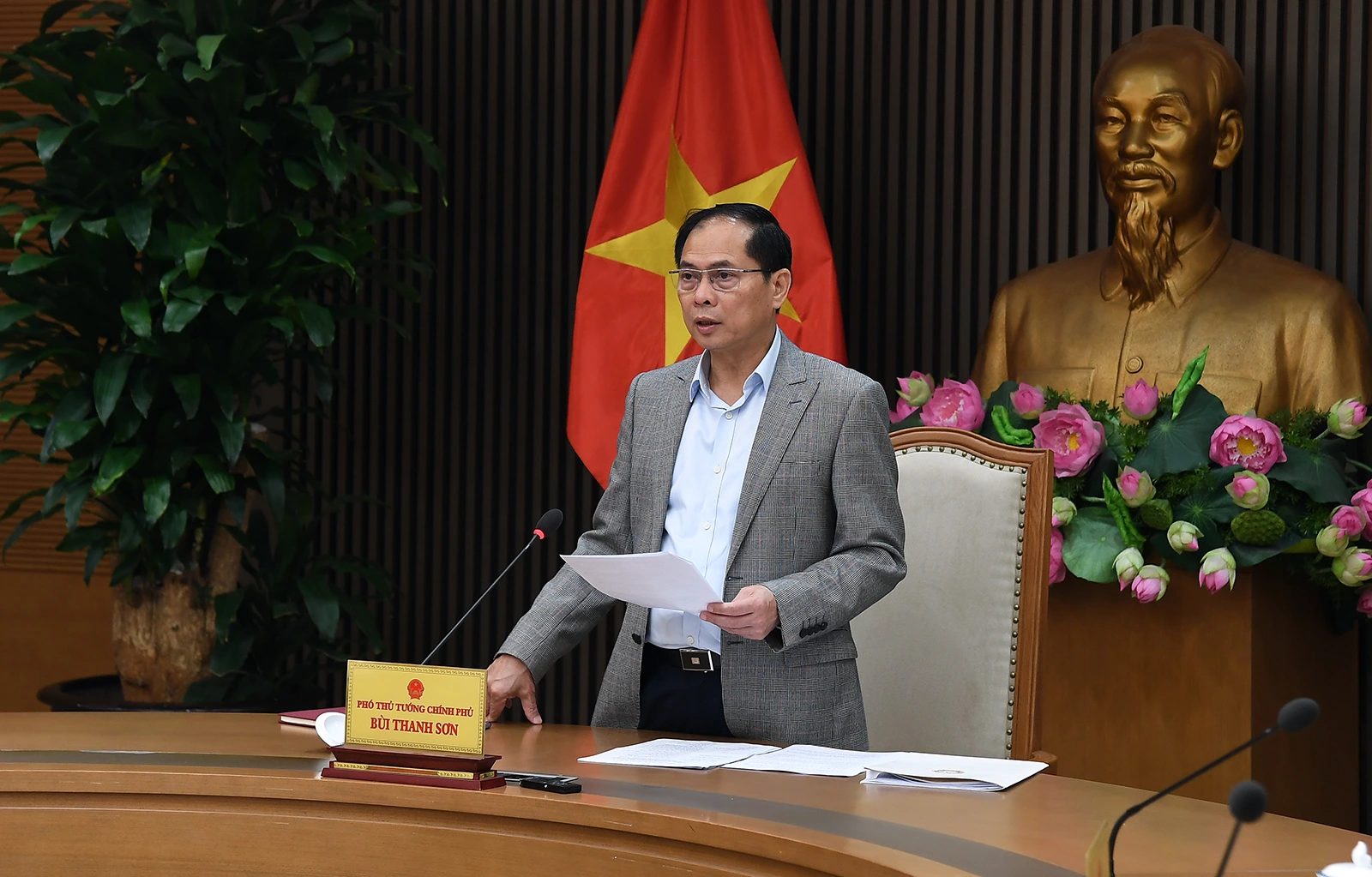



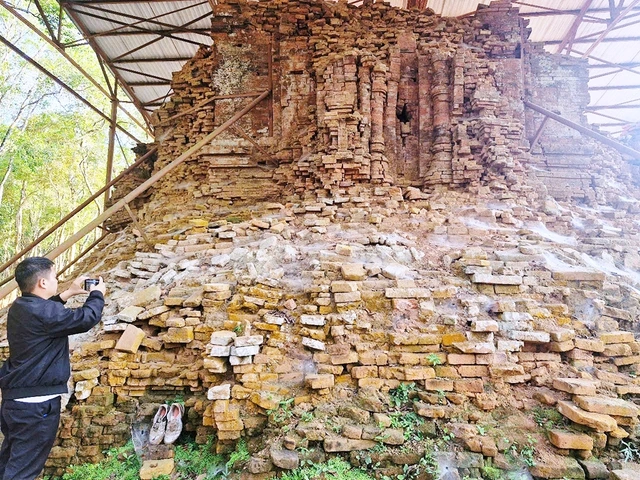





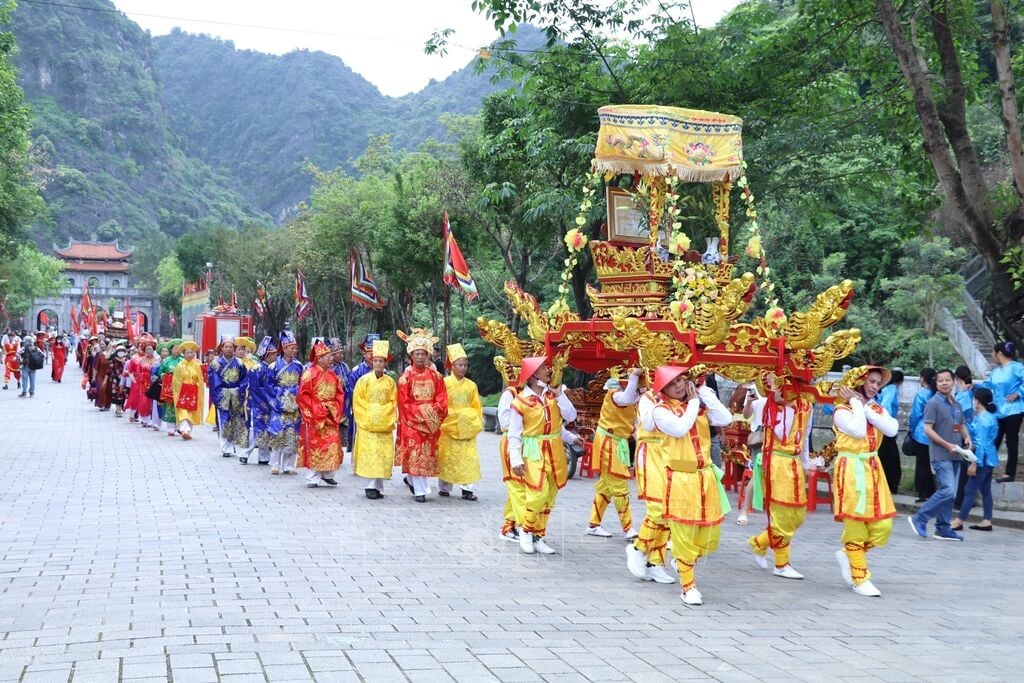

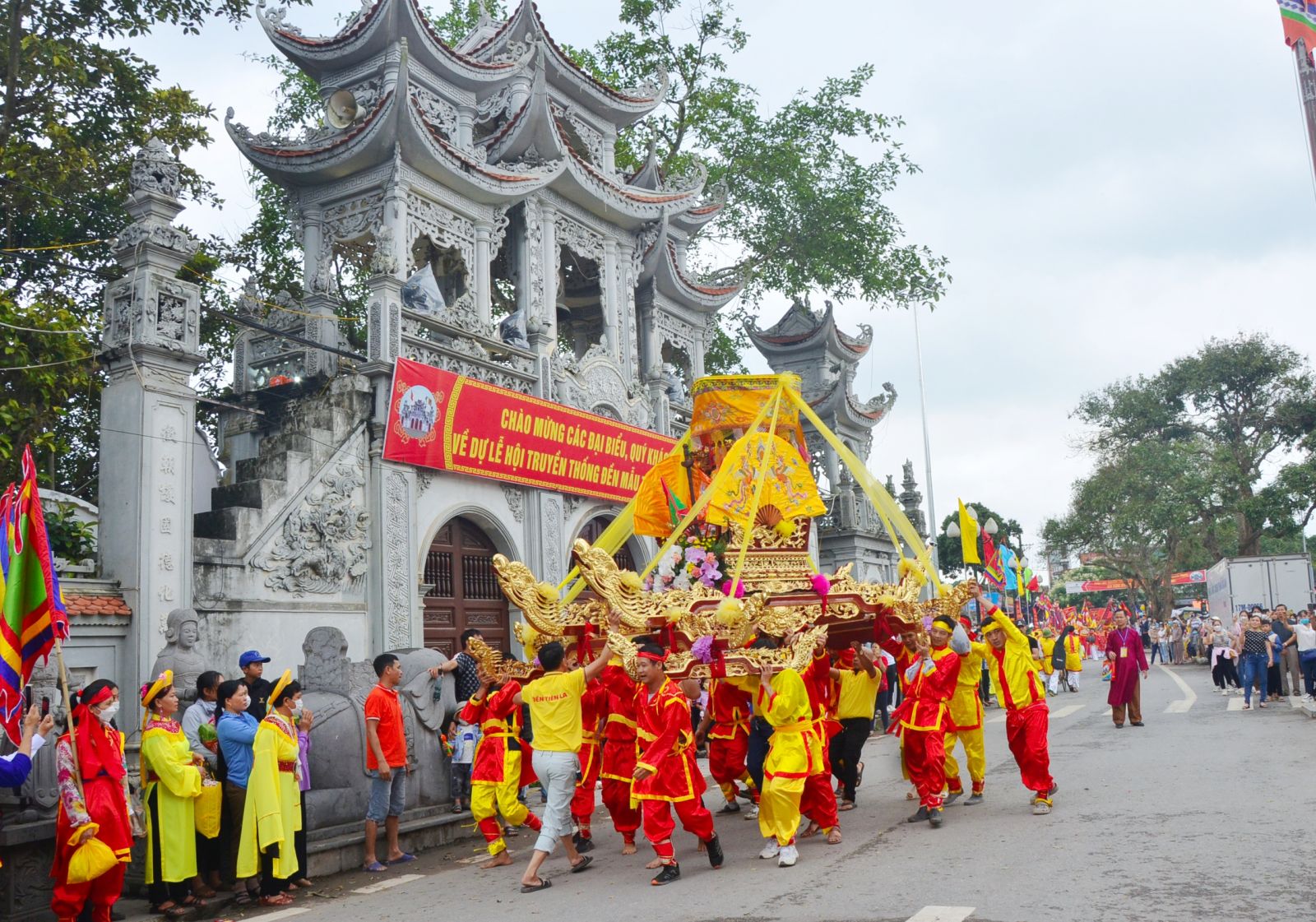

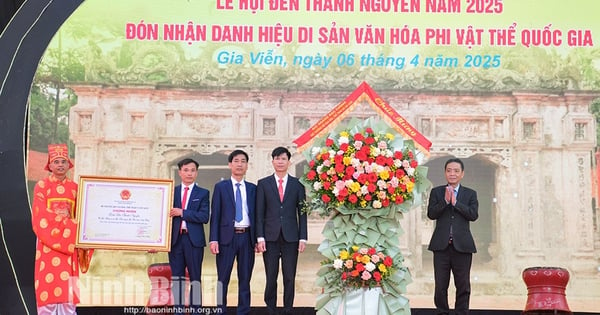


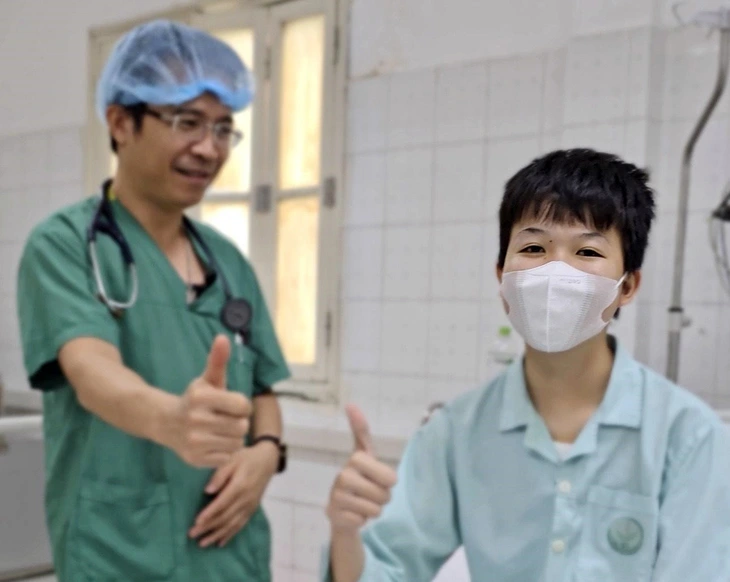

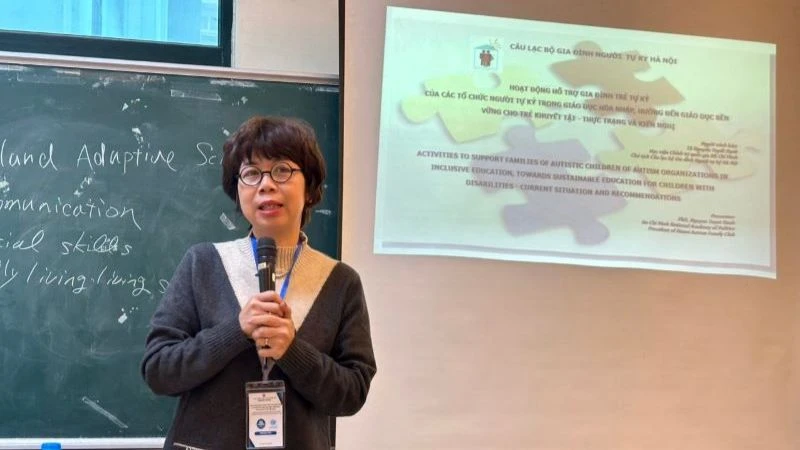





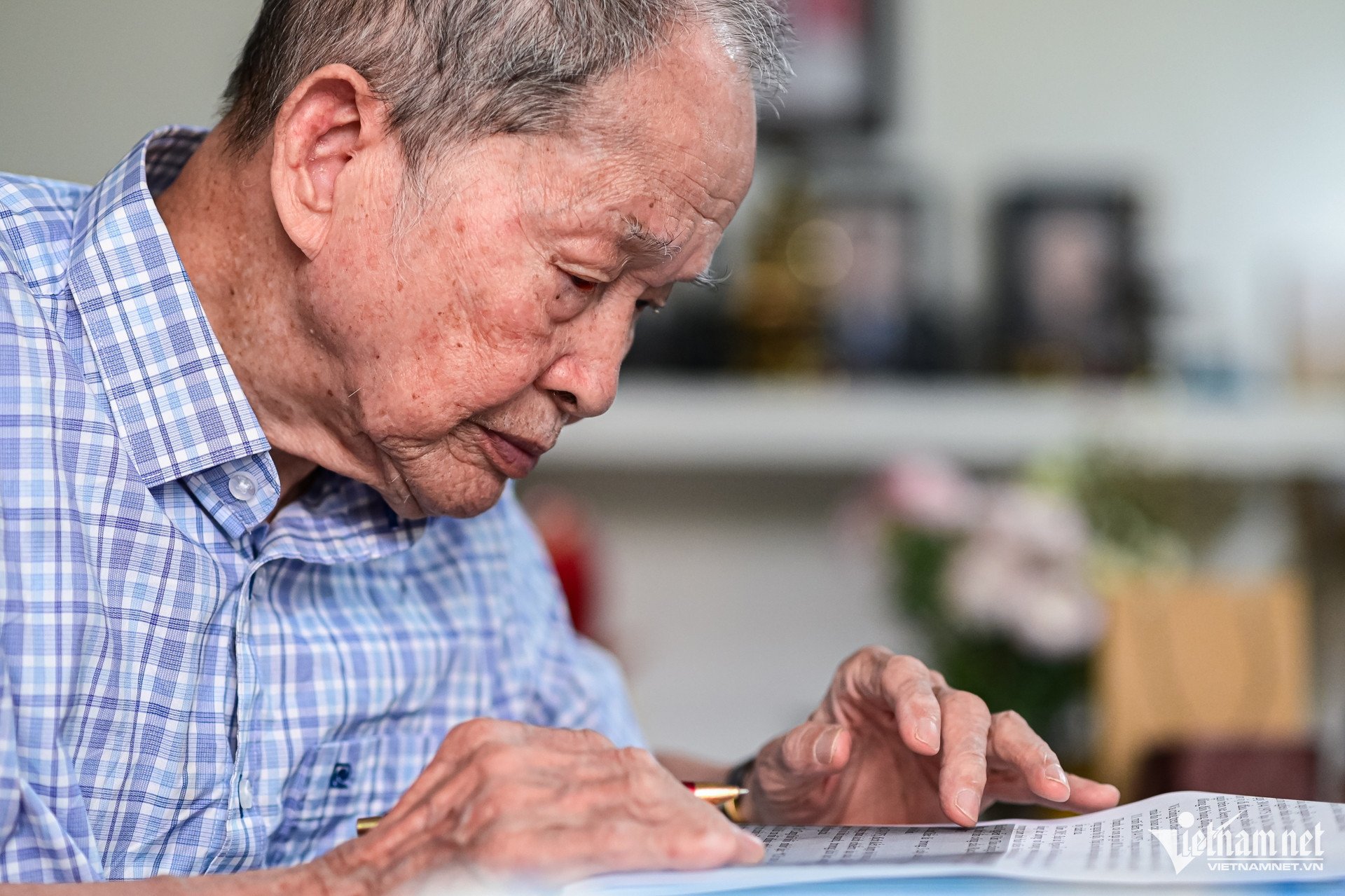








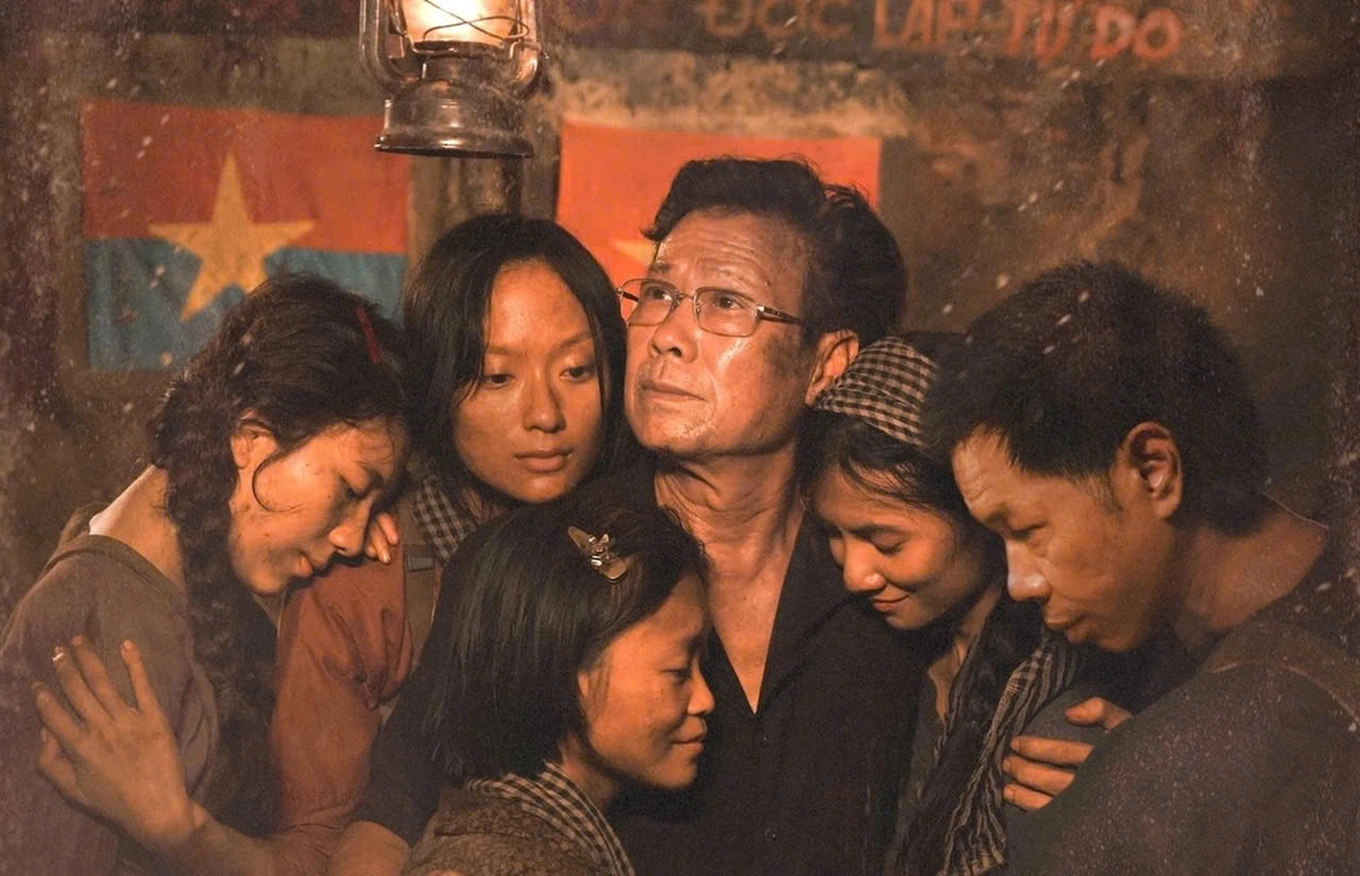











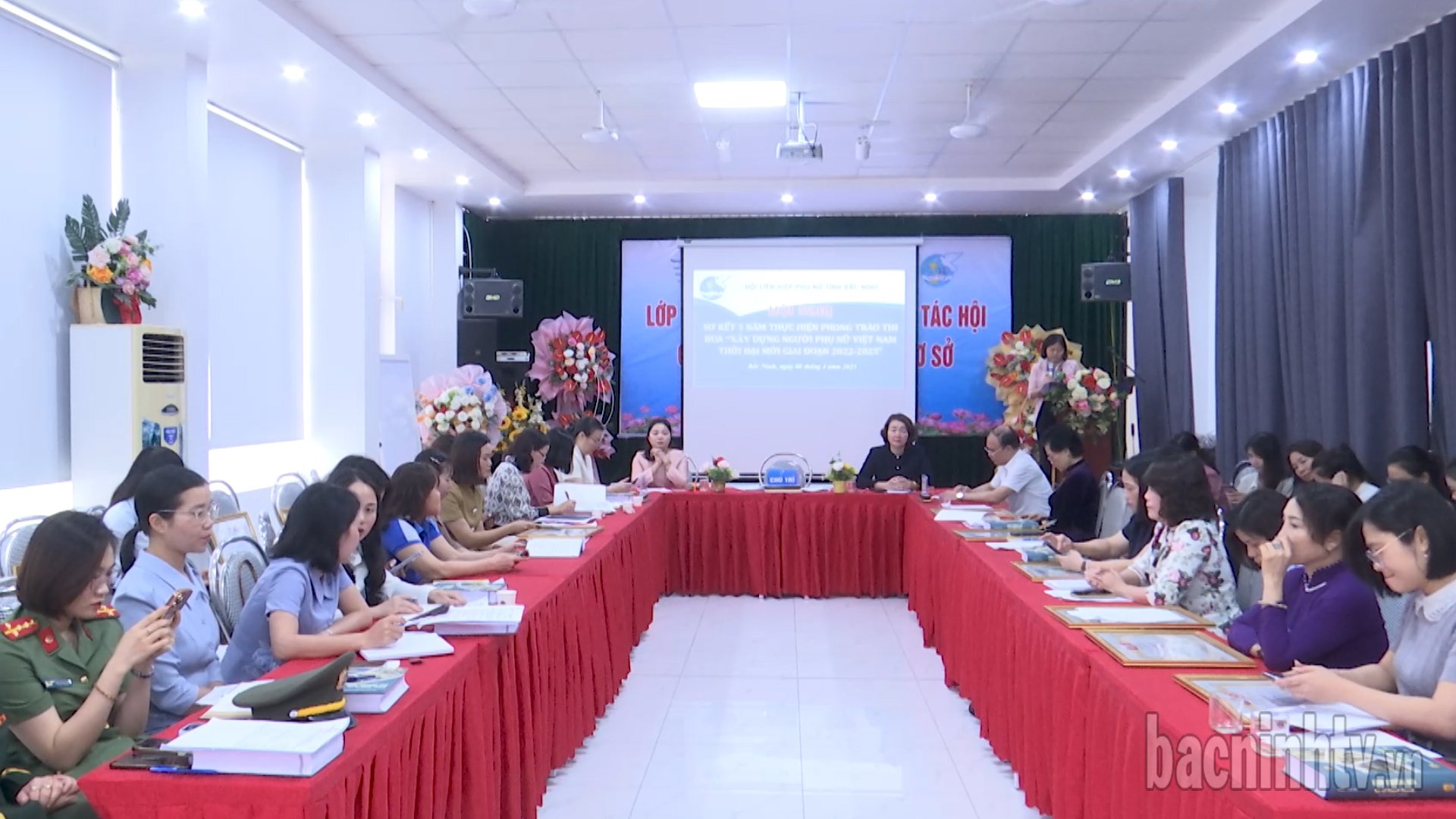
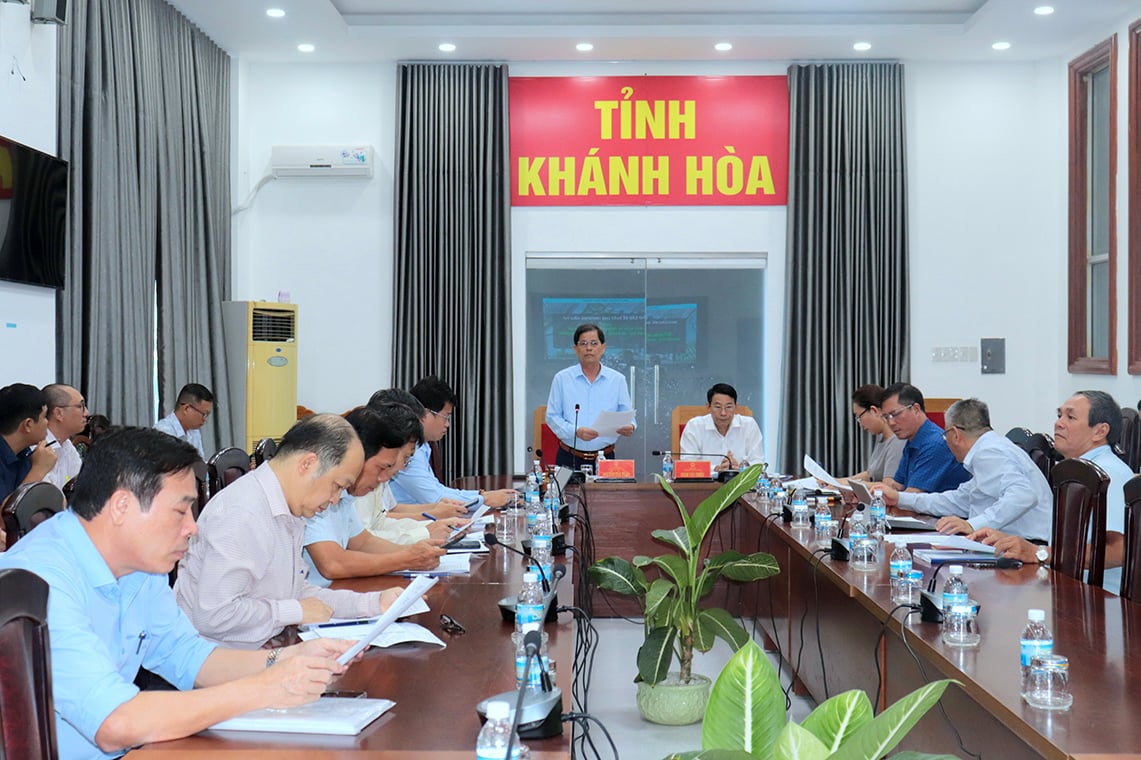

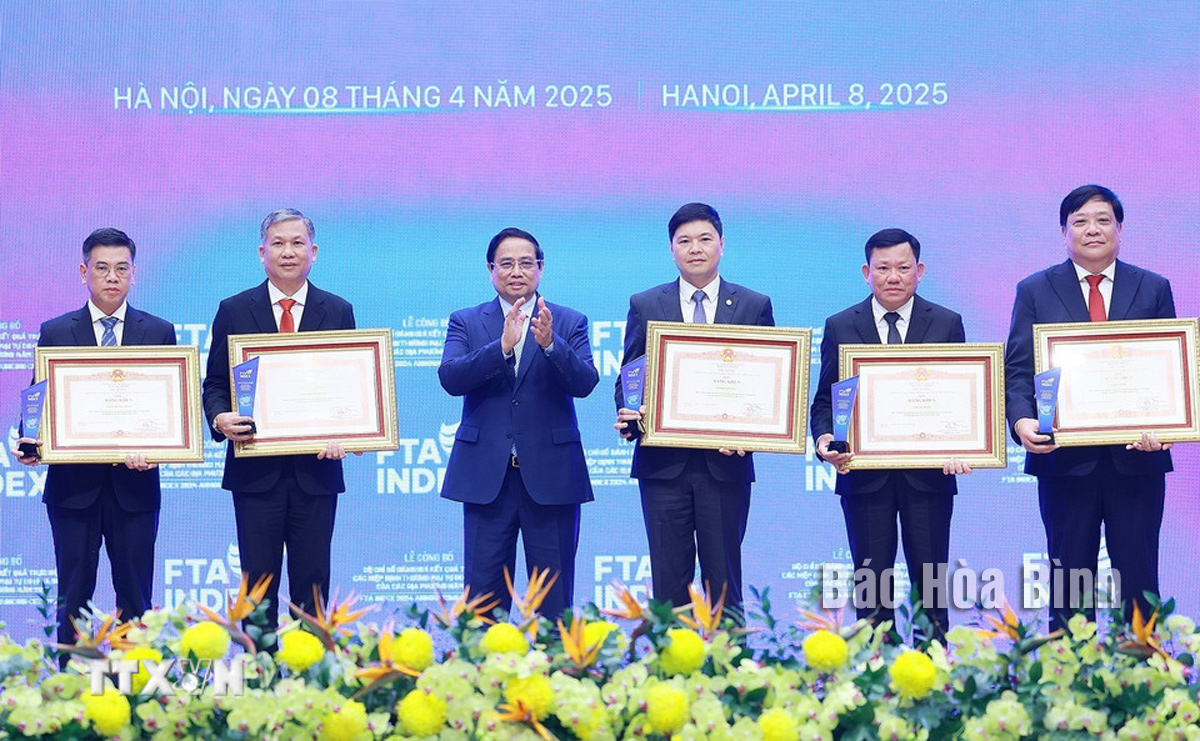
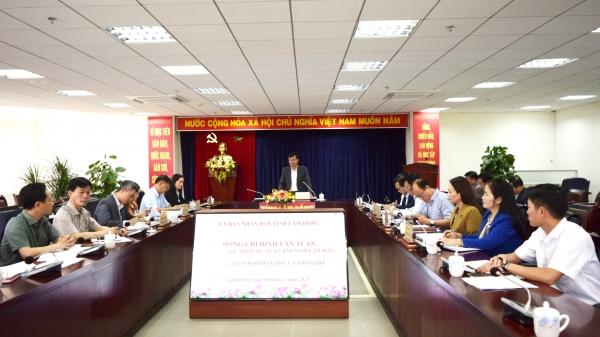







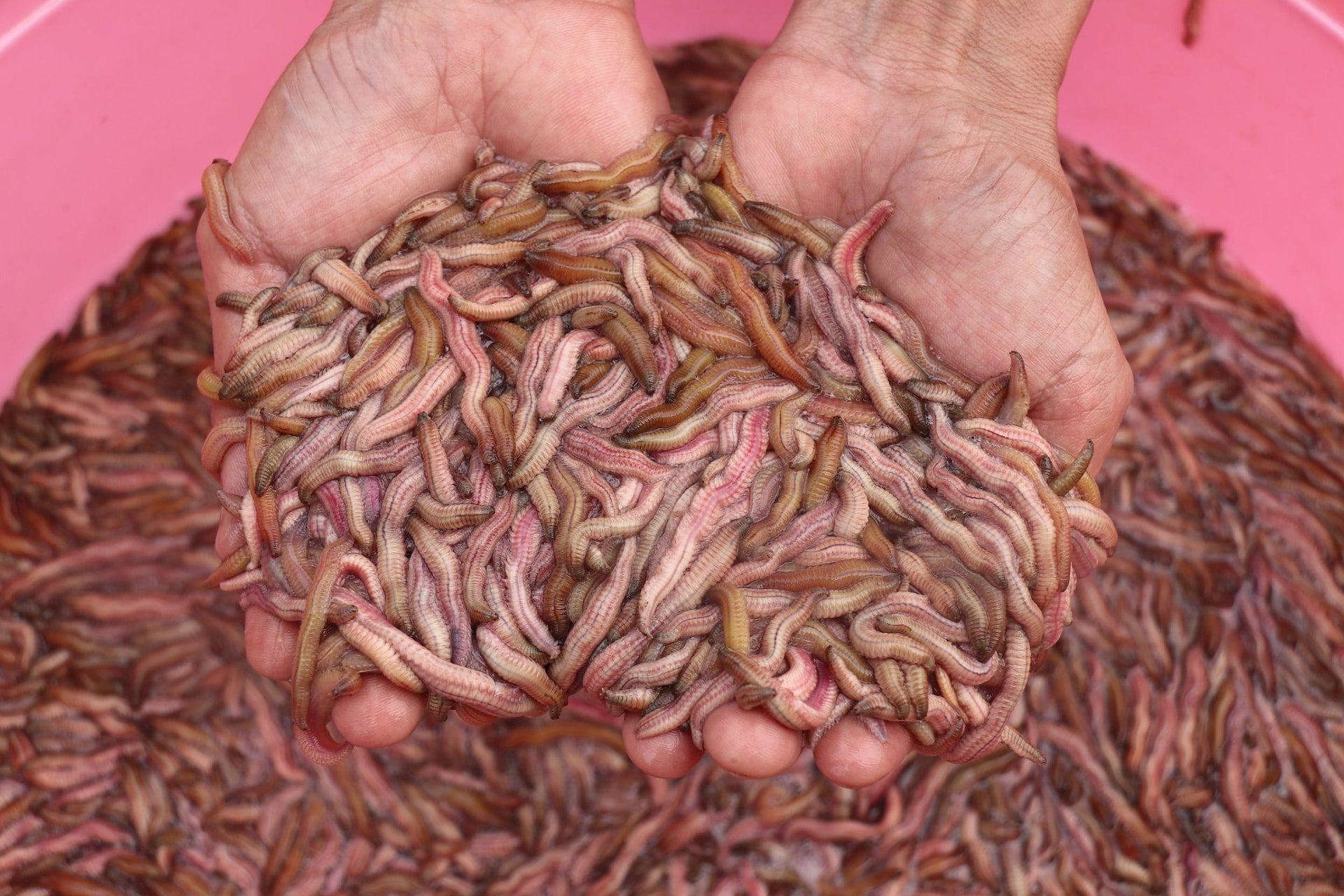
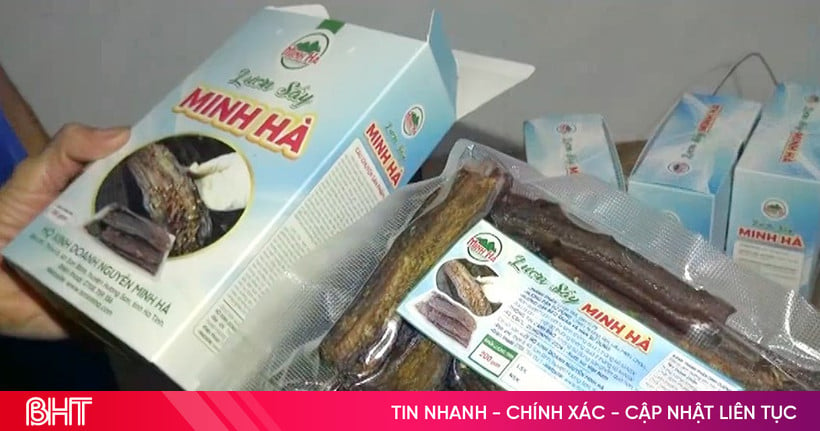

Comment (0)